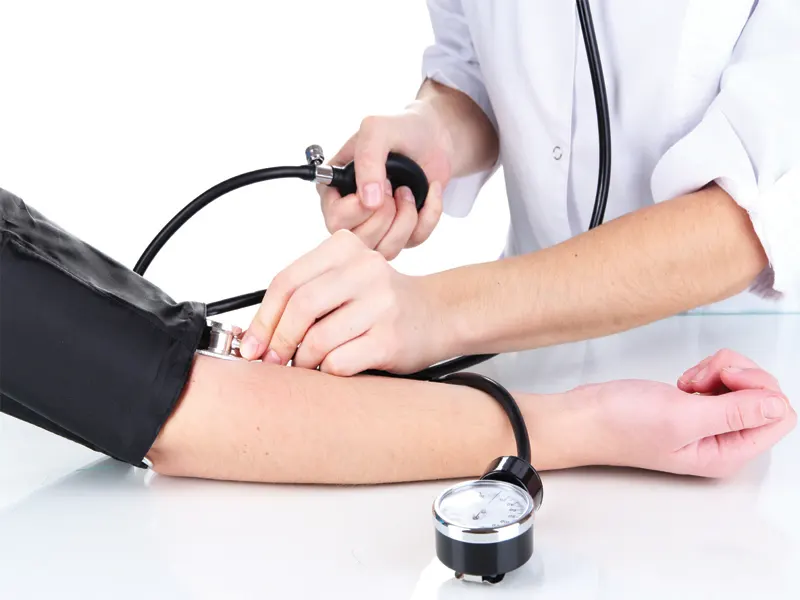A recent study found that sleeping less than seven hours a night is linked to an increased risk of high blood pressure over time.
The authors of the study accepted that there is no scientific proof linking sleep patterns to hypertension, or elevated blood pressure, according to Medical News Today.
They did, however, note that prior evidence of the association has been inconsistent.
The data included incidences of hypertension across follow-up periods ranging from 2 to 18 years (with a median of 5 years) in 1,044,035 individuals in six nations who did not have a history of high blood pressure.
The researchers found that even after controlling for demographic and cardiovascular risk factors such as smoking, blood pressure, body mass, index, gender, and age, those who slept for shorter durations of time had a notably increased chance of developing hypertension.
For individuals who slept for less than five hours, the correlation was considerably more pronounced.
It’s thought that sleep helps the body control hormones needed to control stress and metabolism. Over time, a lack of sleep could cause swings in hormones. Hormone changes can lead to high blood pressure and other risk factors for heart disease.
According to the Centers for Disease Control and Prevention, nearly half of adults in the U.S. have high blood pressure and only about 1 in 4 people with high blood pressure have it under control. If you are concerned about developing high blood pressure or are trying to lower already elevated blood pressure, follow healthy lifestyle habits like limiting sodium, eating healthy foods, exercising regularly, maintaining a healthy weight and not smoking. Also be sure to get enough sleep because this often overlooked daily habit can have an effect on your blood pressure.
Don’t try to make up for a lack of sleep with a lot of sleep. Too much sleep — although not as bad as too little sleep — can lead to high blood sugar and weight gain, which can affect heart health. Talk to your health care provider for tips on getting better sleep, especially if you have high blood pressure.
One possible, treatable cause of lack of sleep contributing to high blood pressure is obstructive sleep apnea. This sleep disorder causes breathing to repeatedly stop and start during sleep. Talk with your care provider if you feel tired even after a full night’s sleep, especially if you snore. Obstructive sleep apnea may be the cause. Obstructive sleep apnea can increase the risk of high blood pressure and other heart problems.










